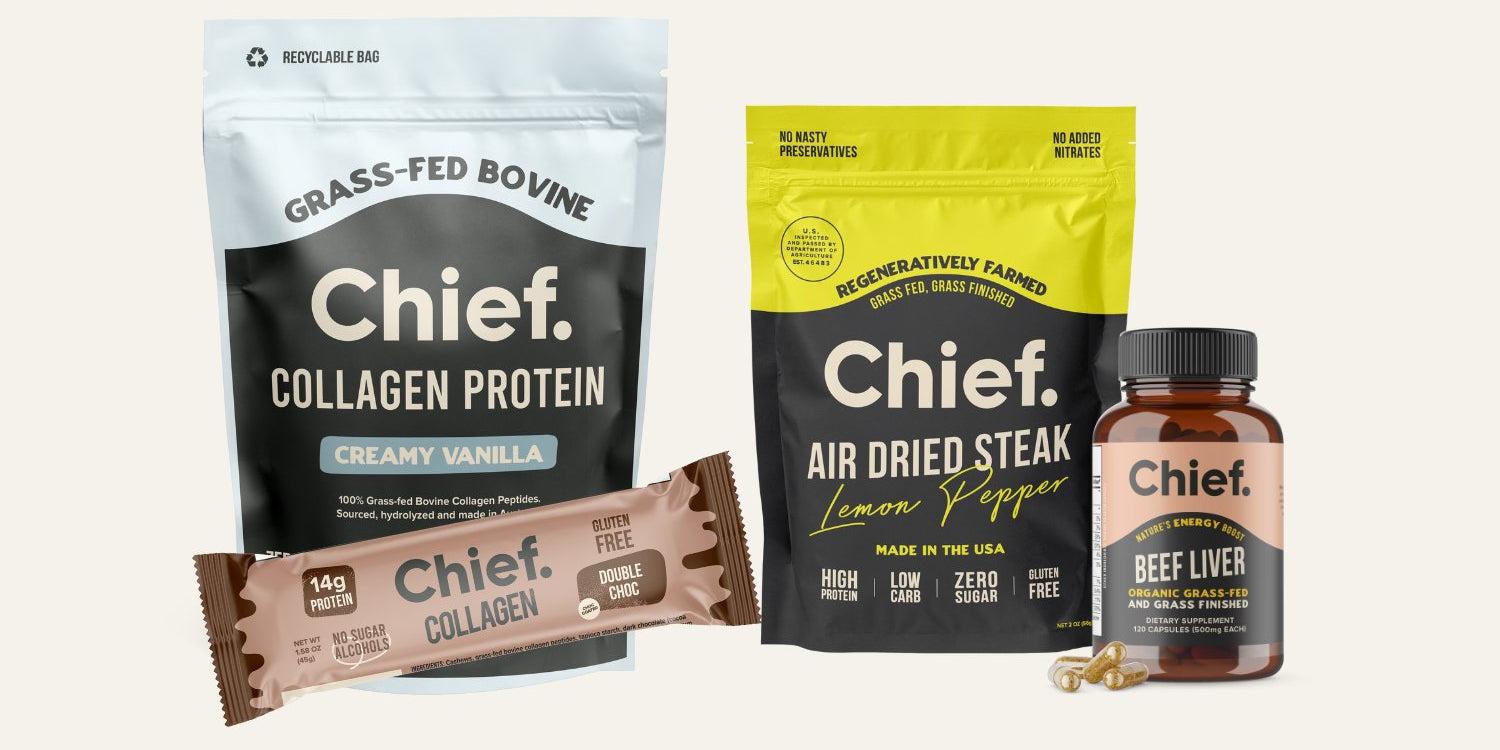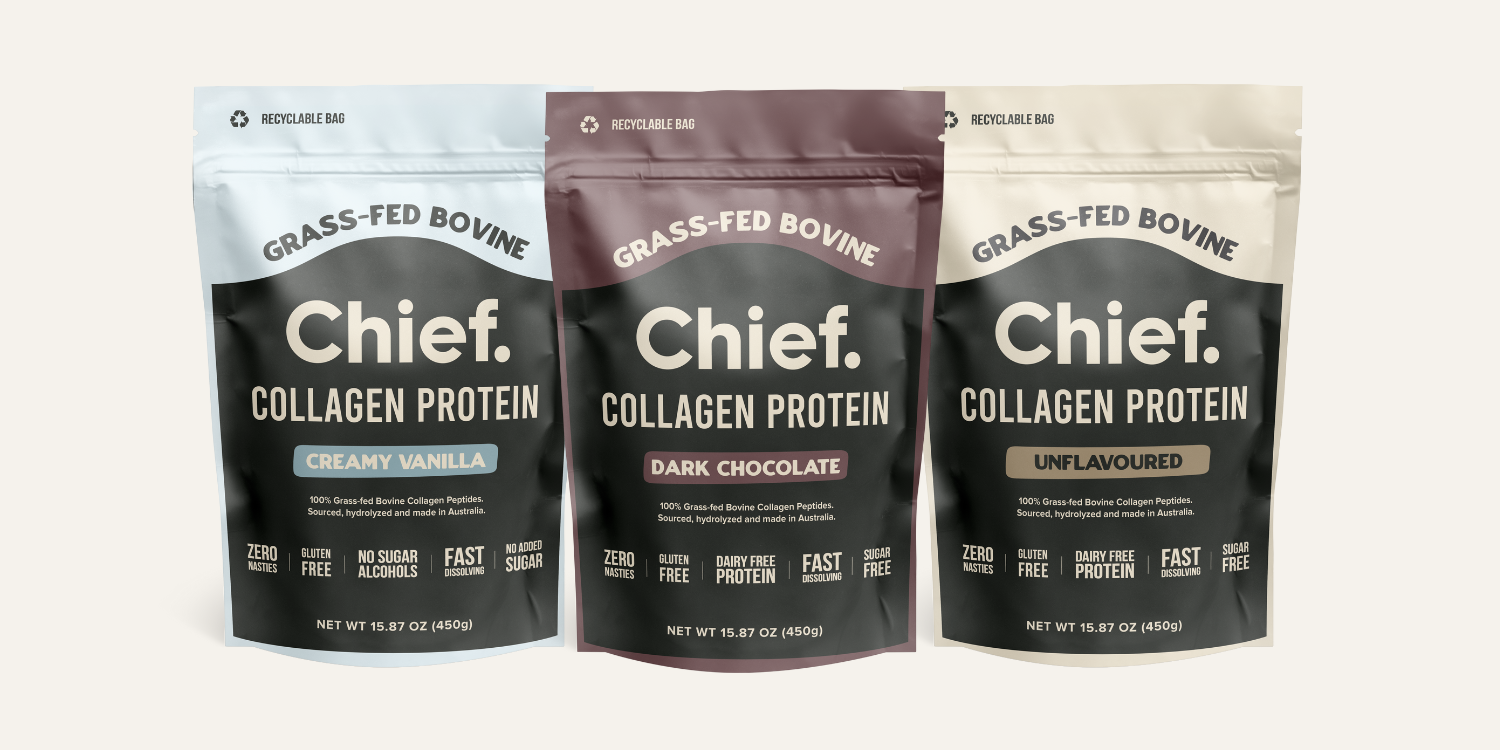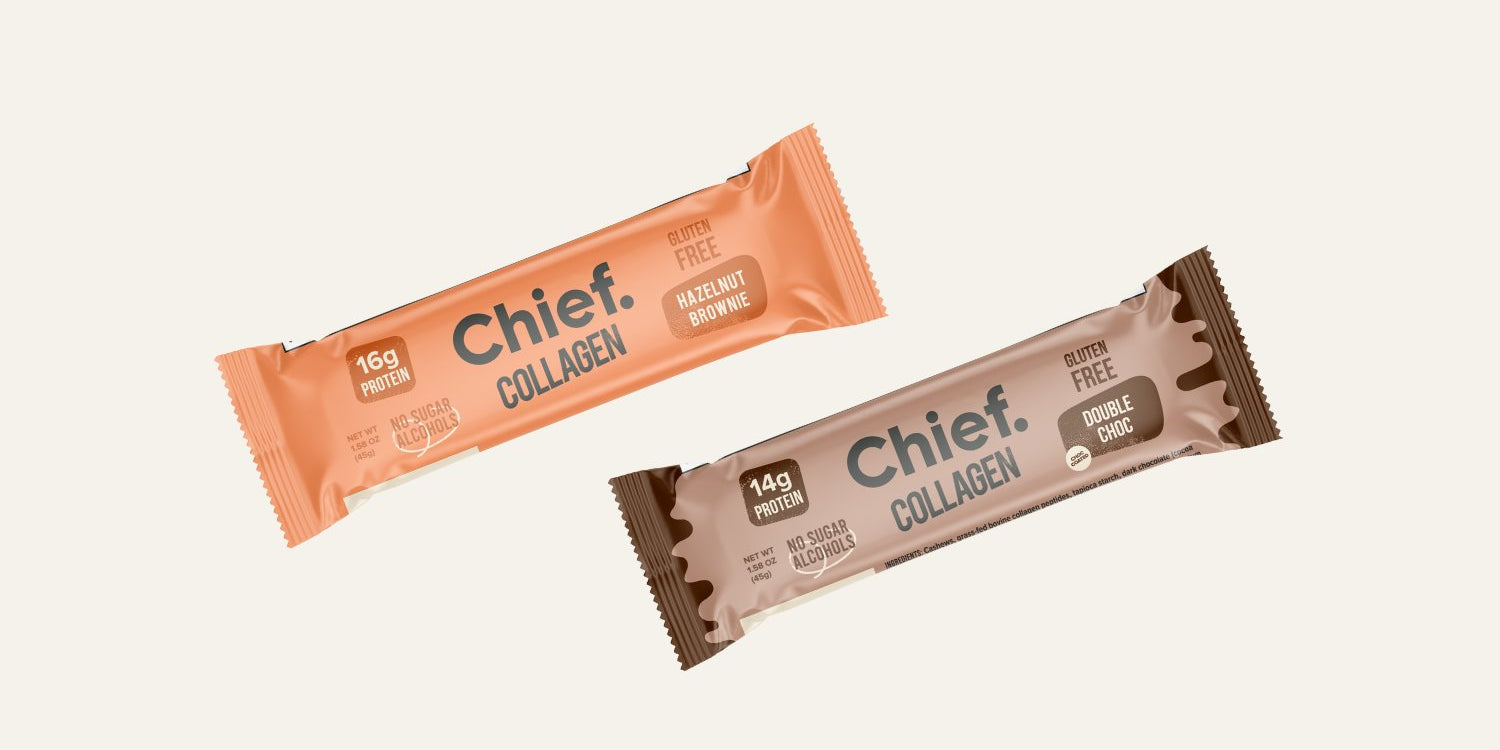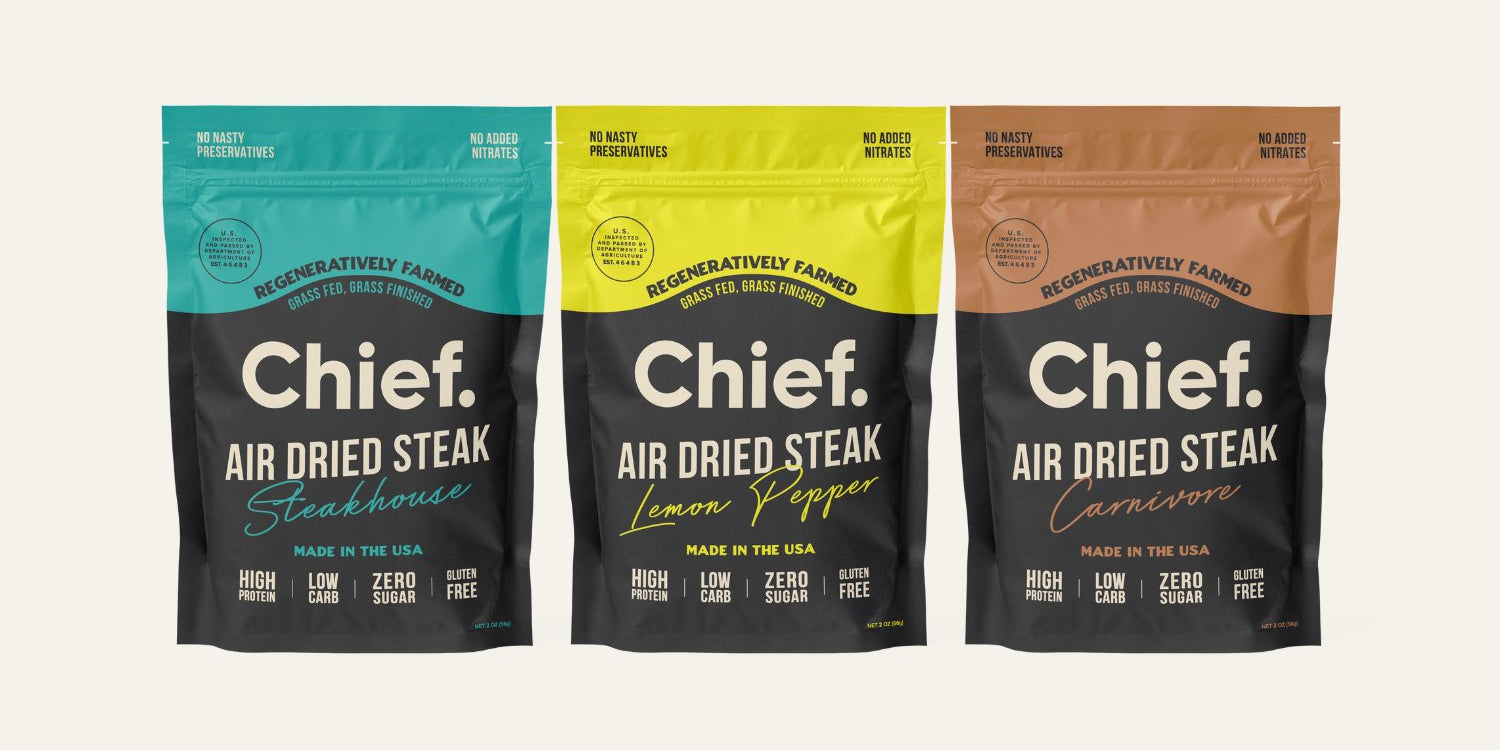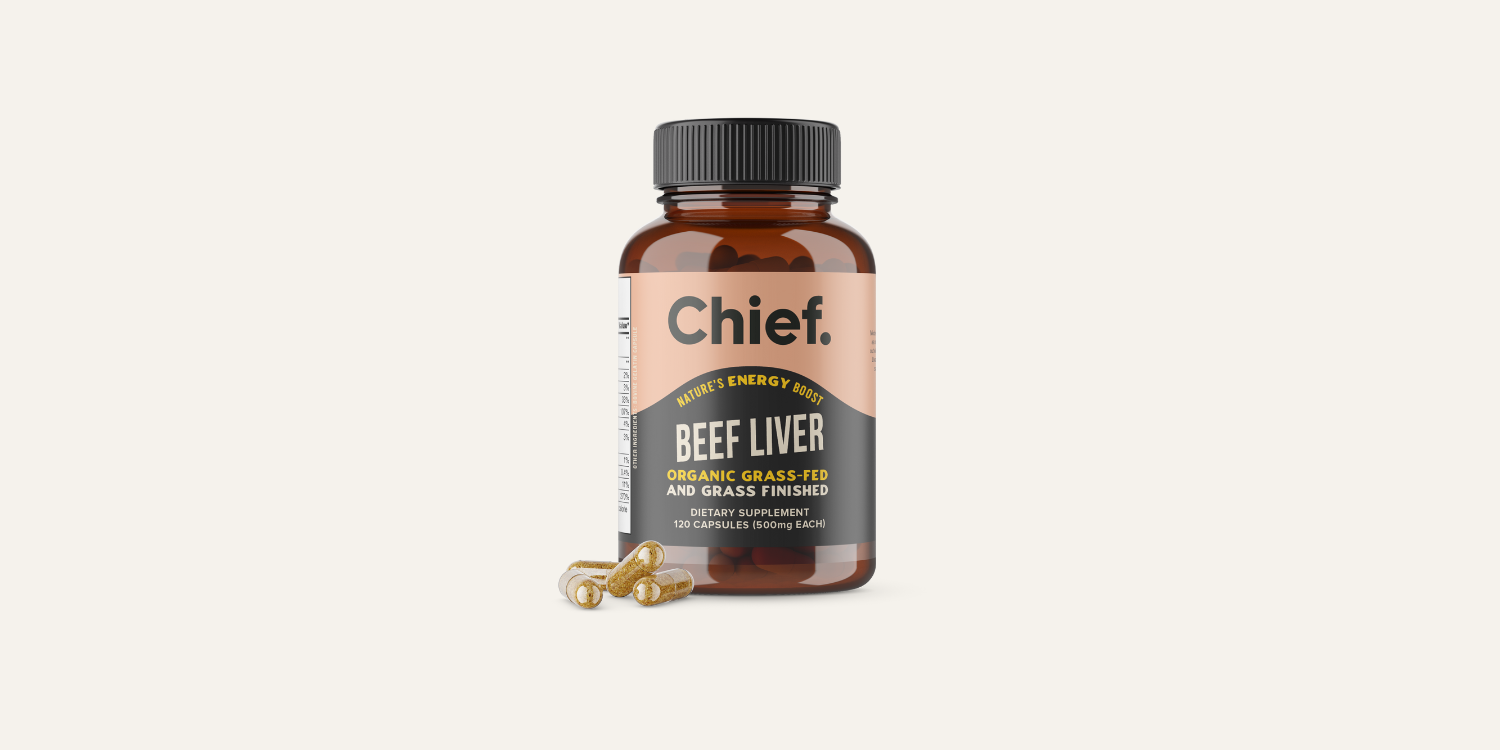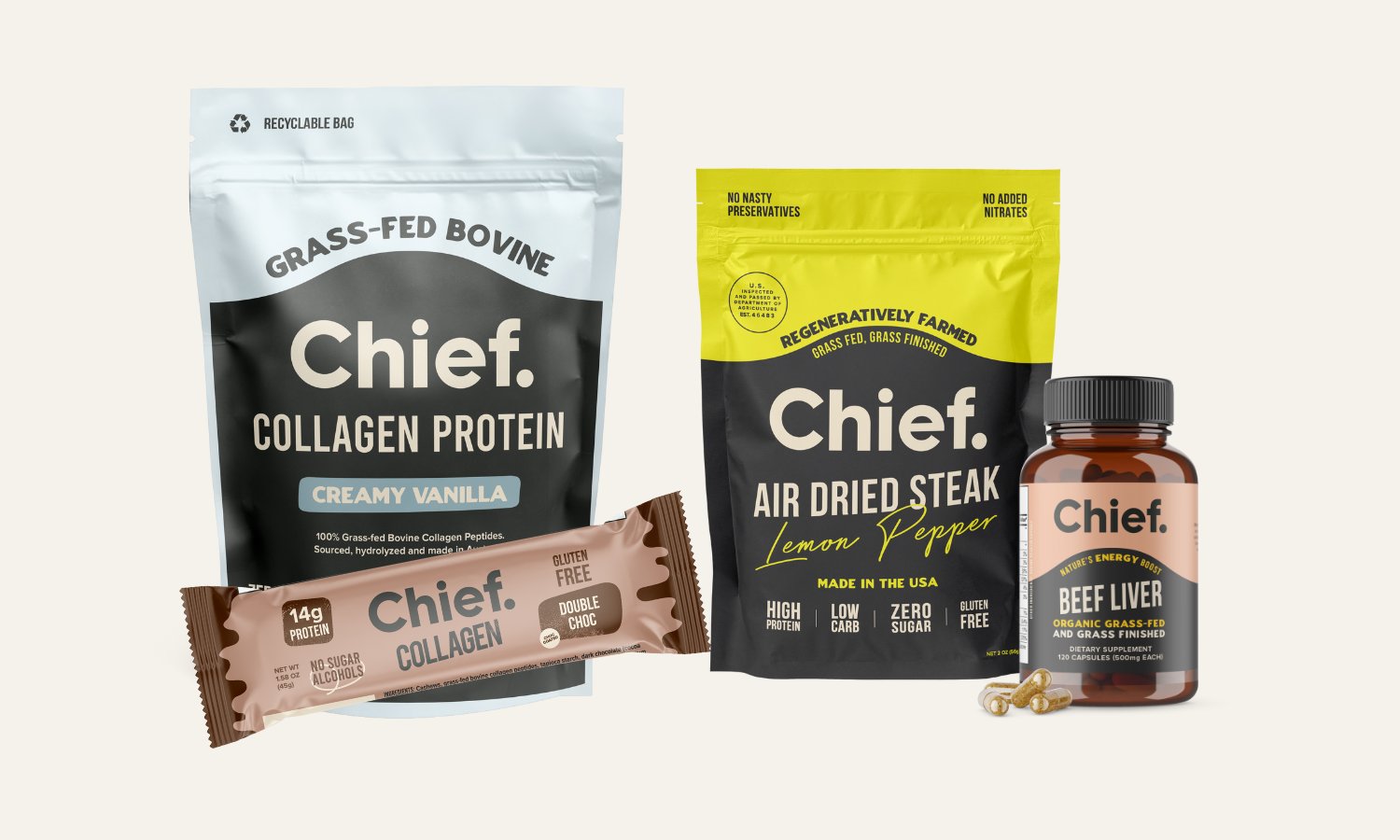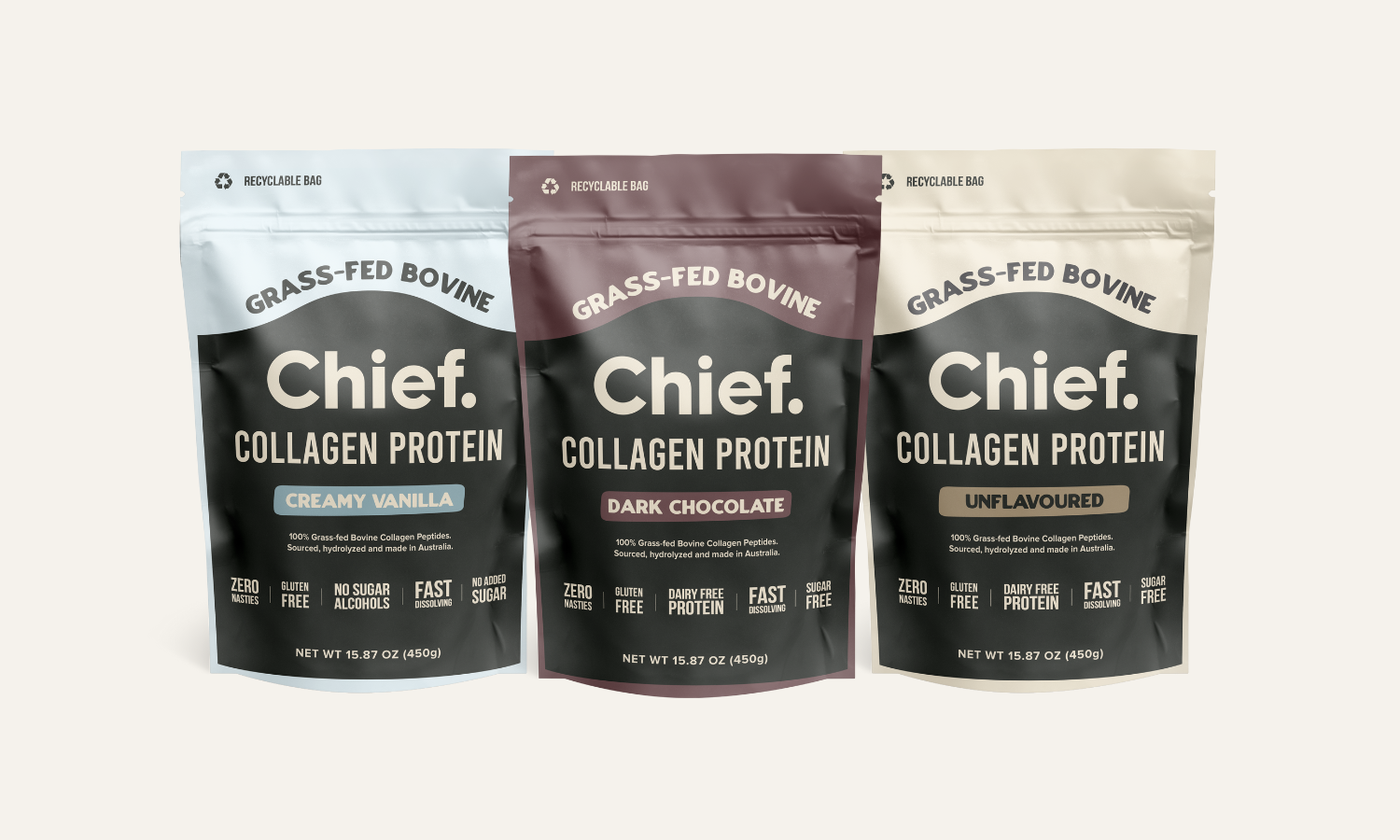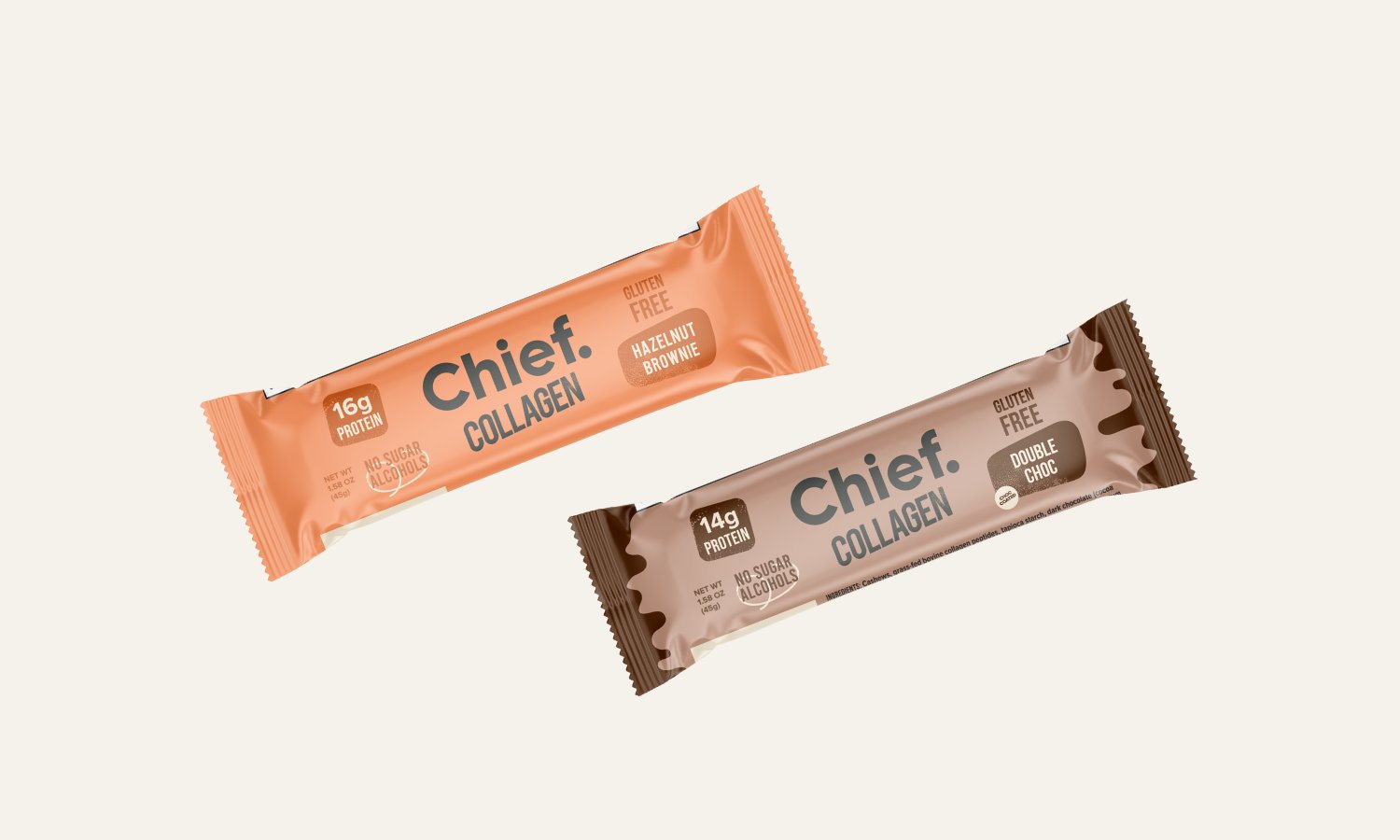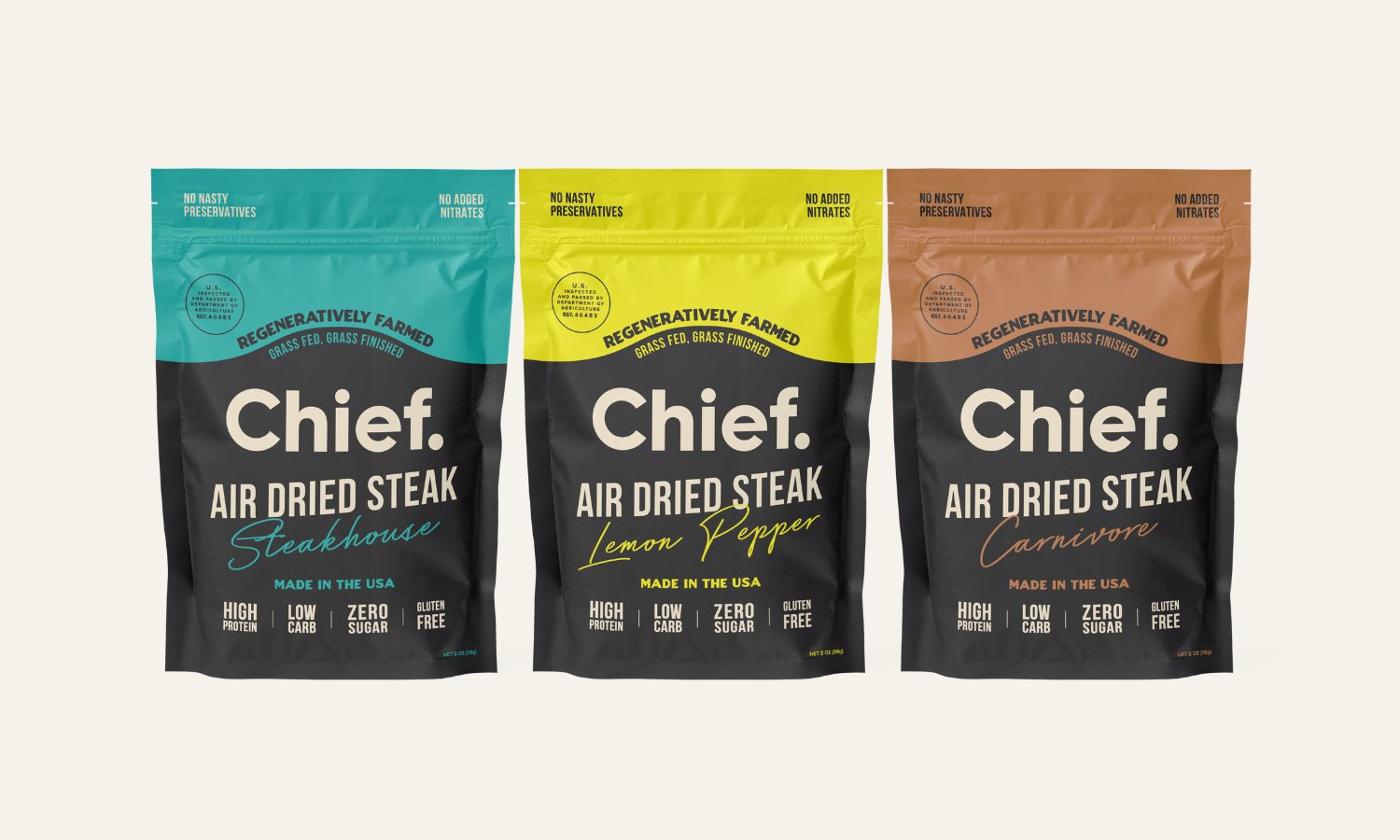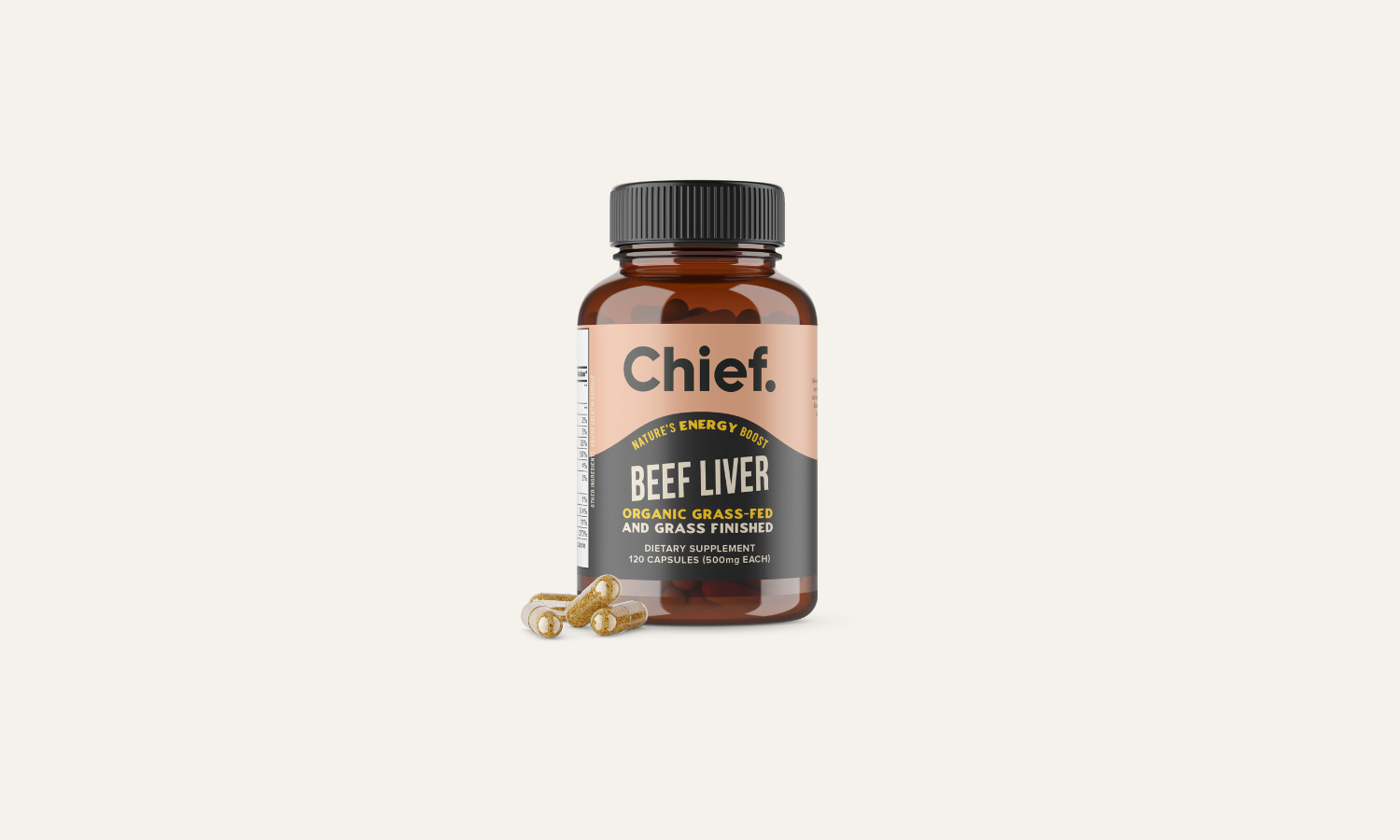We know all too well that navigating nutrition can be tricky. The confusion surrounding what is 'good' for us and what’s just 'good marketing' is a very real issue. The health and fitness industry (especially in Australia) is booming. We are bombarded with new products hitting the shelves every week, leaving us overwhelmed by endless pre-packaged snacks, protein bars, protein powders to choose from. The hype around health is great, however as a naturopath, I feel passionate about shedding light on the surprising and often hidden presence of sugars/commonly used sugar free substitutes in what appears to be a 'healthy option'.
Why Blood Sugar Regulation Matters
When blood sugar levels are stable, energy is released steadily, providing a constant and reliable source of fuel for daily activities. However, it's important to understand that dysregulated blood sugar levels can lead to energy crashes, leaving you feeling fatigued and irritable. Blood sugar imbalances cannot only impact our hormonal health but also our gut health by impacting our gut microbiota - influencing the balance between our good and bad bacteria. Chronic dysregulation can increase inflammation in the body and therefore weaken immunity (so long story short, it really does matter!). Contrary to popular belief, sugar-free does not necessarily equate to a blood sugar friendly option. Many sugar substitutes can still impact blood sugar levels, leading to dysregulation. In order to combat blood sugar dysregulation we first want to choose a balanced snack that contains protein, fibre, carbs and fats and we want it to have a clean ingredient list.
Ingredient Labels and How to Navigate Them
When it comes to sugar-free products, it's crucial to be discerning and decode ingredient labels (this can be the confusing part so let's break it down). While some brands may market their products as sugar-free, a closer look at the ingredients can reveal potential pitfalls. As a naturopath, my recommendation is to prioritise whole, minimally processed foods and, when seeking sweetness, turn to natural alternatives such as maple syrup or monk fruit. Let’s look at some sneaky ingredients to look out for (and steer clear of).
Erythritol
Commonly used as a natural sweetener, erythritol is a sugar alcohol commonly used in sugar-free products and most protein bars on the market. While it boasts a low glycemic index, it can still lead to blood sugar spikes.. The fermentation of erythritol in the colon (especially non-GMO varieties) can lead to digestive discomfort and bloating.
Polydextrose
A synthetic substance used to bulk and sweeten sugar-free treats - polydextrose can also affect blood sugar levels. Although it has a lower impact than regular sugar, its inclusion in large amounts still contributes to metabolic responses, making it imperative for those watching their blood sugar to exercise caution. (Anything synthetic is a no from me).
Carnauba Wax - A Glazing Agent
Found in some sugar-free products as a glazing agent, carnauba wax is derived from the leaves of the Brazilian palm tree. While it is generally recognized as safe for consumption, it's essential to be aware that it adds no nutritional value and is primarily a cosmetic feature (so in other words, we don’t need it!).
Maltodextrin (you’ll probably see this in everything now you're aware of it!)
Maltodextrin is a carbohydrate derived from starches, often corn or wheat, and ia an ingredient used in most protein bars. Despite being promoted in sugar-free products, maltodextrin has a high glycemic index, causing a rapid spike in blood sugar levels upon consumption. Maltodextrin is known to be quickly absorbed in the digestive system, sometimes leading to an imbalance in gut bacteria. This disruption can compromise the integrity of the gut lining, potentially contributing to digestive issues, inflammation, and a weakened immune system.
Sucralose
Sucralose is an artificial sweetener derived from sucrose (table sugar) through a chemical process. It is intensely sweet, about 600 times sweeter than sugar, and is used as a sugar substitute in various products. The fact it is this much sweeter than regular sugar is a red flag in itself - this level of sweetness can still trigger an insulin response (our body can’t really tell the difference).
Although it seems somewhat overwhelming and confusing, especially when you're standing in the supermarket aisle deciding on a snack, the most simple rule is less is more. If an ingredient list looks like a small novel or if it contains words that you can’t even pronounce - it’s a no from me. Look for whole food ingredients and sweeteners such as maple syrup, honey, camu camu or monk fruit! Don’t let the “sugar free” marketing fool you.
The good news - Chief has done all of the hard work for you by creating a range of collagen protein bars, collagen protein powder, and real food supplements that are free from sugar, artificial sweeteners or sugar alcohols, artificial thickeners, and fillers - a.k.a they only contain the good stuff.
Join me and become a 'pack flipper' - flip to the back of your packaged snack and take a look as to what's inside for yourself.
Written by Olivia Odey - Student Naturopath

